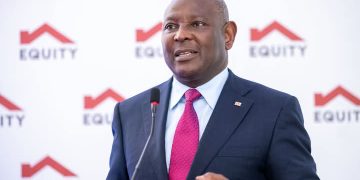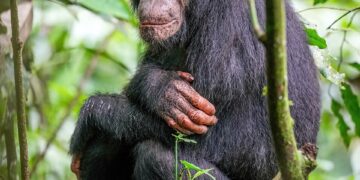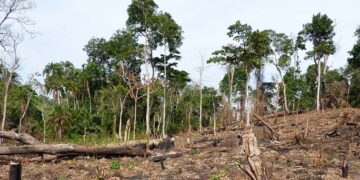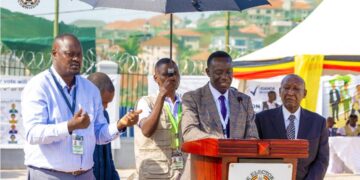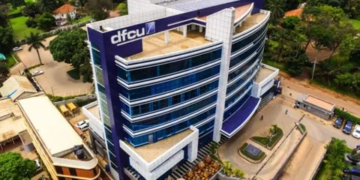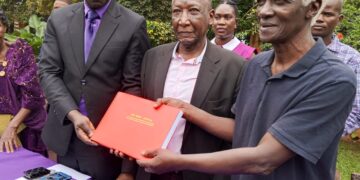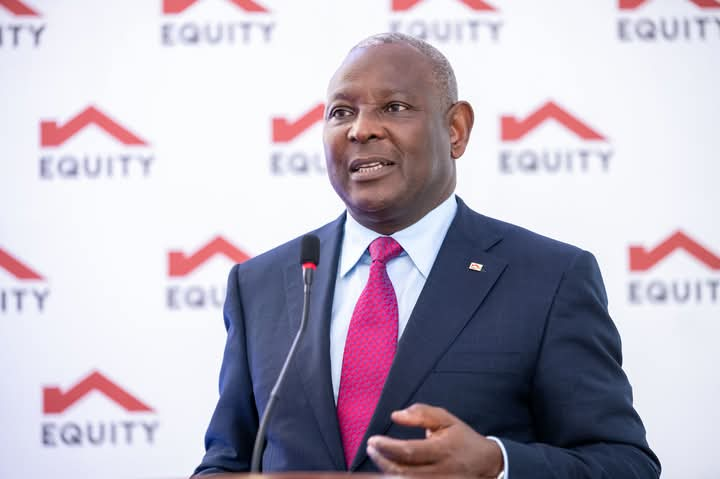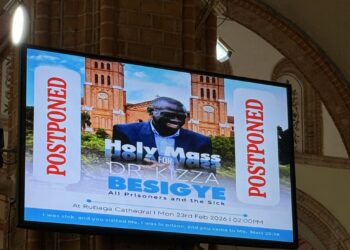By Our Reporter,
WASHINGTON DC
Dr. James Mwangi, the renowned Kenyan banker and CEO of Equity Group Holdings, has been appointed to the prestigious World Bank Group High-Level Advisory Council on Jobs. The council, comprising global leaders, economists, and innovators, aims to address the mounting global employment challenges exacerbated by economic crises, technological disruptions, and climate change.
In a statement released by the World Bank Group, the council is tasked with formulating actionable strategies to stimulate job creation, reduce inequality, and ensure sustainable economic growth worldwide. The focus will be on fostering resilience among vulnerable populations and aligning job creation with the transitions toward green and digital economies.
Dr. Mwangi’s appointment is a recognition of his decades-long work in championing financial inclusion and economic empowerment in Africa. Under his leadership, Equity Group has grown into a leading financial institution across East and Central Africa, supporting small and medium-sized enterprises (SMEs), youth empowerment, and rural economic transformation.
Speaking after his appointment, Dr. Mwangi said, “Jobs are a cornerstone of economic stability and dignity. As the world faces unprecedented challenges, it is imperative to create inclusive opportunities that empower communities and drive sustainable development. I am honored to join this council and contribute to finding solutions that bridge global inequalities.”
The World Bank Group President, Ajay Banga, lauded Dr. Mwangi’s contribution to economic development and innovation, saying, “We would be immensely grateful to benefit from your deep expertise, experience and unique perspectives as a member of the Council,” said Therman, Michelle and Ajay in Dr. Mwangi’s appointment letter.
The established High-Level Advisory Council on Jobs will be co-chaired by an international panel of experienced practitioners who have demonstrated job creation in their own countries. Tharman Shanmugaratnam, President of Singapore and Former Deputy Prime Minister and Coordinating Minister for Economic and Social Policies, and Michelle Bachelet, Former President of Chile, and Head of Government for two terms will co-chair the council.
“The panel brings together the experience and knowledge of fourteen leading policymakers, business leaders, academics, and civil society pioneers,” Ajay explained.
The council’s work comes at a critical moment as global unemployment rates surge amid post-pandemic economic recovery struggles and geopolitical tensions. Key priorities include addressing youth unemployment, creating equitable access to digital jobs, and supporting economies transitioning to clean energy.
Dr. Mwangi joins an elite cohort of global thought leaders, including Nobel laureates, former heads of state, and industry pioneers, in steering the council’s ambitious agenda. Their recommendations will shape World Bank policies and programs designed to spur economic recovery and create sustainable livelihoods worldwide.
Dr. Mwangi expressed gratitude for the appointment saying, “I’m honored to have been asked to serve on the World Bank Global Jobs Council, in order to support the creation of jobs for the young people of Africa”, said Dr. Mwangi. “Young people are our future and the key to sustainable development for the continent. Equity’s Africa Recovery and Resilience Plan seeks to create 50 million jobs in the region by 2030 and my intention is to utilize the learnings of the council to maximize this initiative.”
He is one the fourteen global leaders that have joined the World Bank Group’s High-level Council recognizing his dedication and contributions beyond the banking sector.

“Over the next decade the world is expected to experience significant demographic shift with one in four people on the planet being African, and more than a third of the world’s young people residing in Africa,”said Dr. Mwangi. “These global demographic shifts are the result of progress on the African continent including life expectancy, per capita income, health, education and improving nutritional levels. An outcome of these developments has been rapid population growth. Effectively leveraging the demographic dividend in Africa could account for up to 15% of GDP growth and a 17% reduction in poverty by 2030.”
